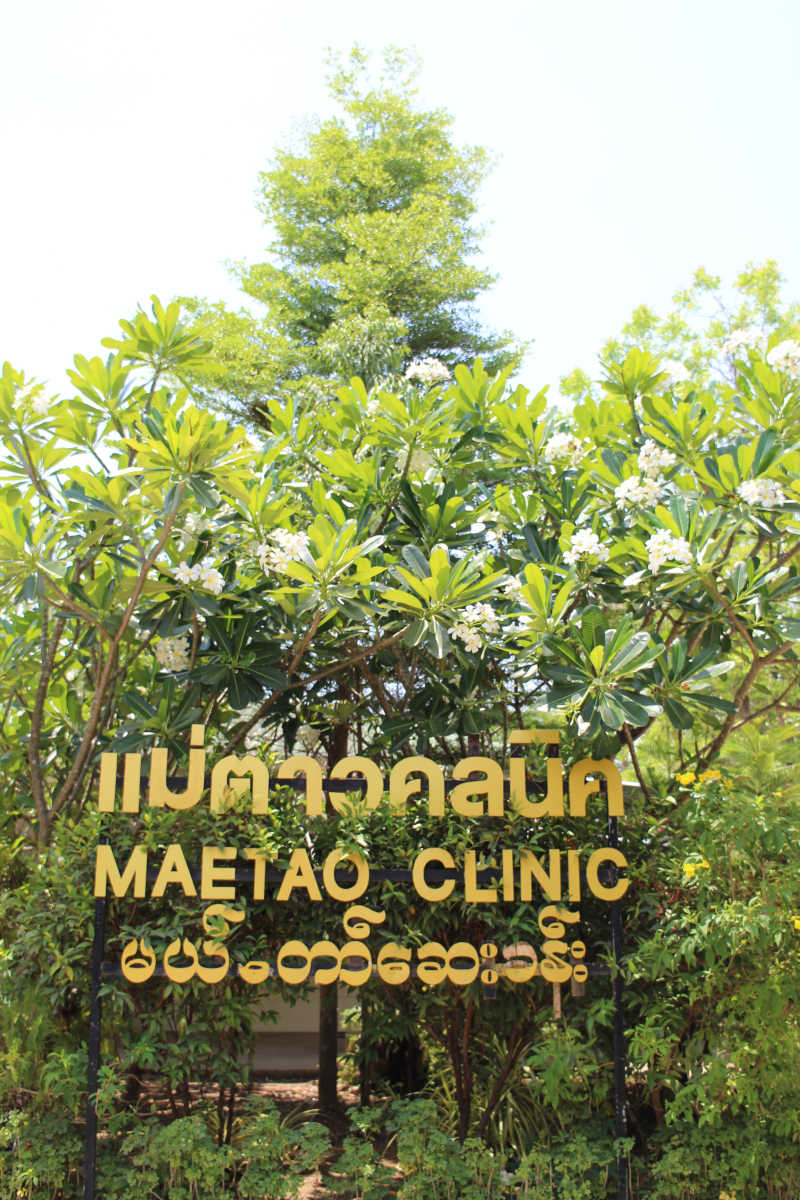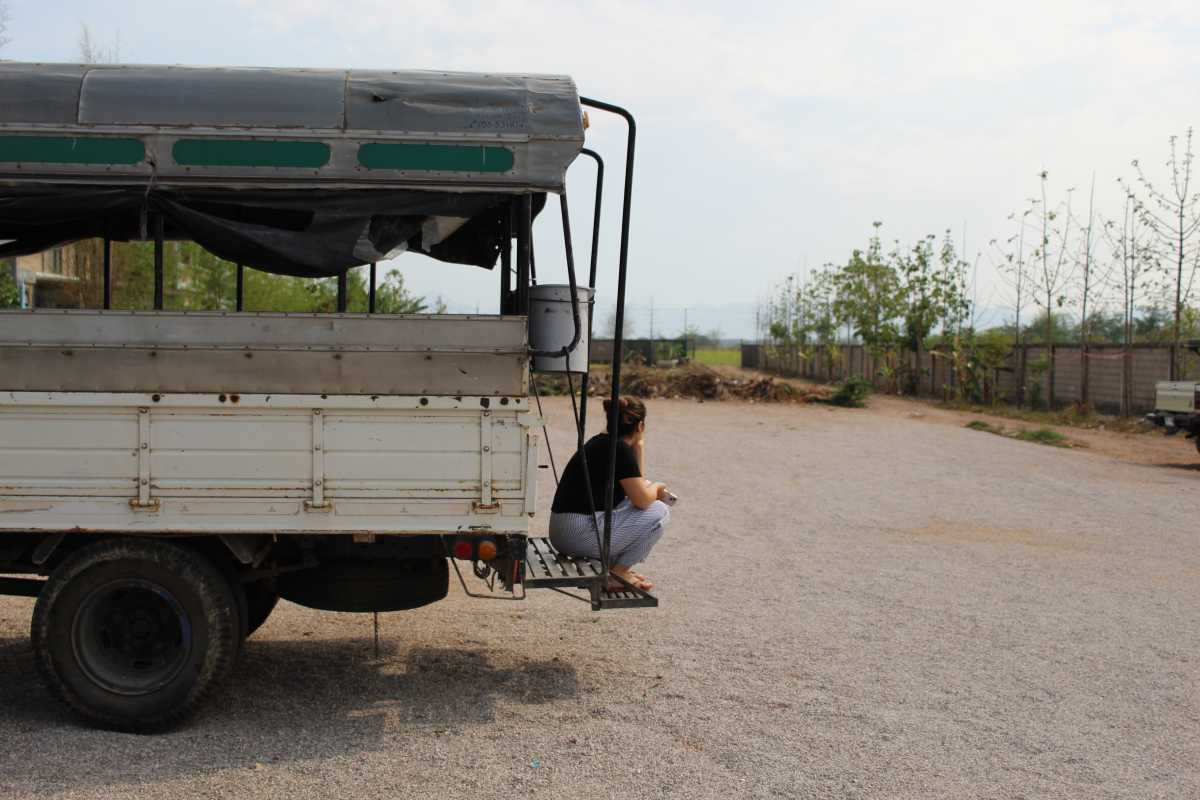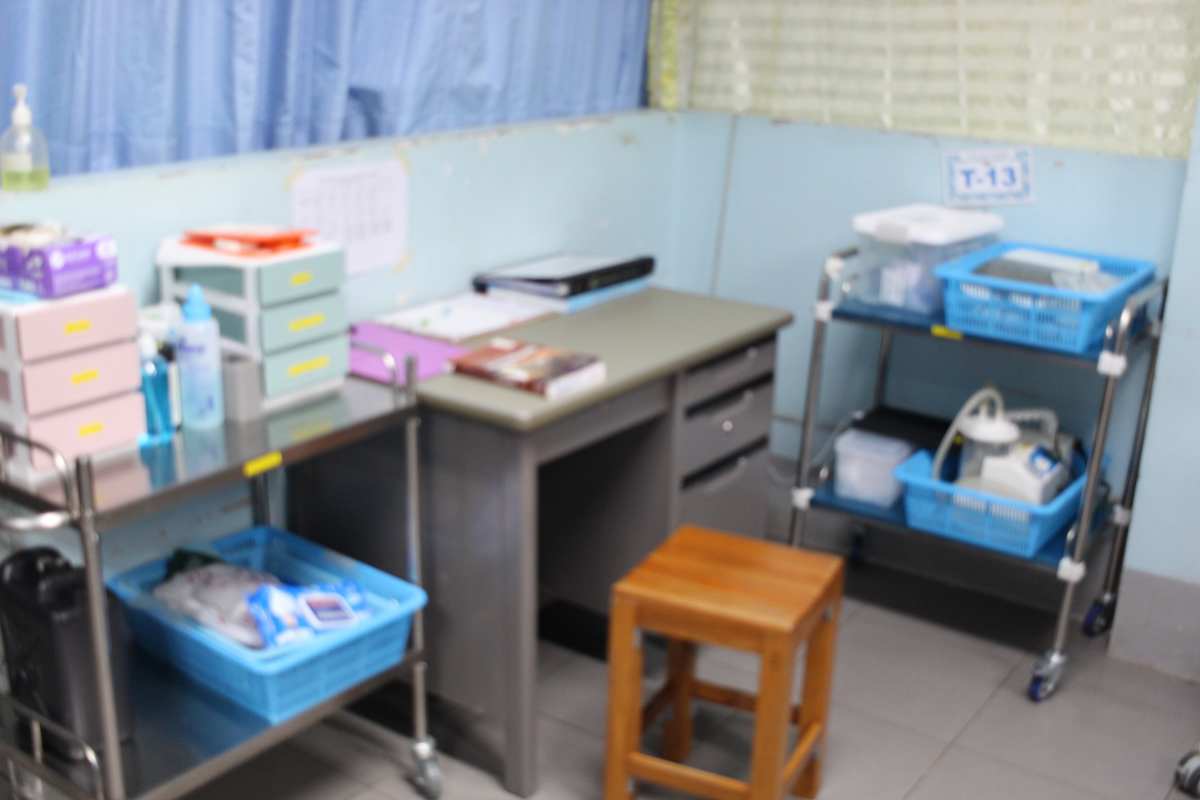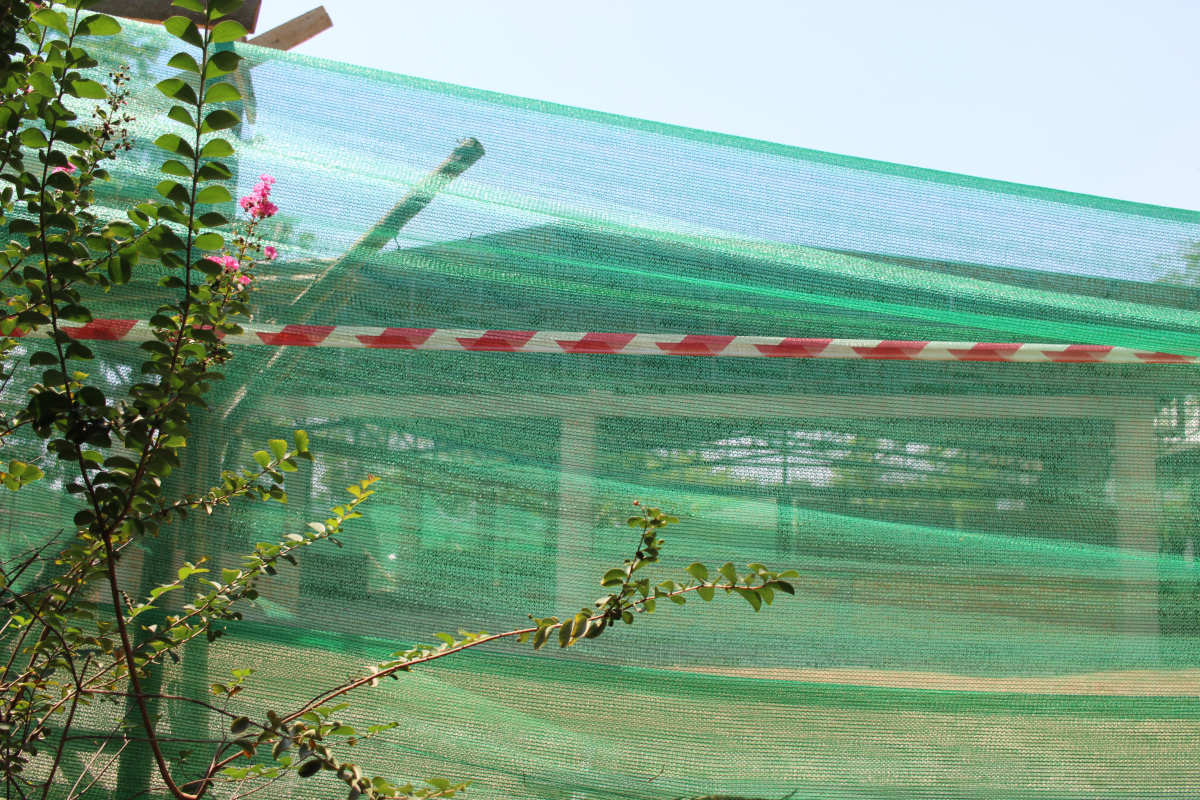Mae Tao Clinic is a public health service located on the border of Thailand and Myanmar (Burma). The clinic serves refugees who have been displaced by the ongoing civil war in Burma and who could not otherwise afford medical care. It has been in existence for many years and is known locally, offering a variety of medical and social services. There is an existing partnership between the Mae Tao Clinic and the Brown University Department of Global Emergency Medicine; these entities have been working together for many years. I plan to accompany my friend and colleague, Dr. Giovanna DeLuca of Brown, on an upcoming work trip to the clinic in order to support an ongoing project improving clinical services as well as to assess and bolster the psychiatric services offered in the clinic.
Using my background in international health, and now as a psychiatrist who works in emergency rooms, I plan to support the current acute services project. I will use my expertise to provide consultation on any mental health crises that have been reported at the clinic, with the aim of contributing to quality improvement and debriefing for any cases that have had unsatisfactory outcomes. Bringing me in as a consultant will allow the group to gain a specialist’s perspective in a field that is often difficult to access due to stigma and lack of resources. It will also add to the group’s overall fund of knowledge for this project.
Further, I will use my time at the Mae Tao Clinic to form relationships with the staff providing mental health services. In this visit, I would like to understand the psychiatric work that is being done at Mae Tao; what types of issues staff are helping the community with, what types of symptoms and psychological ailments the refugees are experiencing, and what types of treatments are being offered/ found to have an effect. In whatever ways are appropriate, I will be happy to share perspectives and knowledge from my education, training, and clinical practice.
The benefactors of this project will be the patients and staff of the Mae Tao Clinic, the vast majority of whom are living in Thailand as asylum seekers fleeing conflict and ethnic persecution in their home country. This refugee sub-population is very important because the country of Myanmar (Burma) has been in a protracted state of civil war since the late 1940s, one of the longest in modern history. Because of this, they have faced a very high burden of trauma through violence, persecution, displacement, and financial hardship. It is well-documented in the medical and anthropological literature that this population carries a high rate of depression, trauma, and PTSD. While these illnesses and their psychological symptoms can be debilitating, this population also faces other stressors and competing priorities which make taking care of mental health concerns all the more challenging. For these reasons, it is important to support ongoing mental health care efforts in this region.
Visiting this part of the world and interacting with this population abroad is of particular importance to me personally, as I have been working with Burmese refugees in America since 2007. Due to the ongoing conflict in this region of Southeast Asia, many refugees have also sought asylum in resettlement cities in the US and are encountered as patients by American physicians. Being able to visit the region would also increase my own cultural competence, understanding of and compassion for this group and would be an incredible way to continue my development as a psychiatrist and global health clinician.
There are several expected impacts: primarily contributing to an ongoing emergency medicine project in the clinic to ameliorate crisis psychiatric care, as well as supporting the current clinicians working in mental health in the clinic, and offering any applicable strategies to continue strengthening mental healthcare at Mae Sot. These will be accomplished via spending time in the clinic to develop a relationship with and understand the duties of current staff, case reviews and debriefings, as well as offering training in the basics of psychiatric risk assessment and recommended next steps for patients who present in acute need.
Because the primary project is part of an ongoing collaboration between the Brown University global emergency medicine group and Mae Sot clinic, participation in this effort is sure to carry forward as the two entities continue to work together. Ideally, specialist consultation offered during this trip will be considered and translated into changes that can inform and improve care for future patients. The secondary aims of understanding and supporting the existing mental health arm of the clinic may carry forward in different ways; both on site and remotely. Brief training in crisis evaluations and care can help shape clinical practice and expand existing clinician’s knowledge base. There is also the possibility of continuing to support clinicians remotely with help of psychiatrists from a Harvard University affiliated hospital who are interested in global health.
Finally, Burmese refugees can be found all over the world and, therefore, visiting this region of the world will allow me to develop a better understanding of this group- their culture, their struggles- and this can be brought back to the US to improve not only my own ability to provide refugee care, but also this experience can be shared with my colleagues in public health and psychiatry in order to improve our domestic workforce in serving this worthy population.








Visiting the Mae Tao Clinic was an incredible opportunity for me. I had the honor of meeting a group of extremely talented and respectful Burmese doctors and some of their patients. They were welcoming and warm. We shared information, ideas, feelings and enjoyed meals and hanging out together. We were able to make a connection that I believe can last for a long time. I am so glad that Dox Foundation was also willing to send me to Thailand for this important work. As we speak, they continue to build out the emergency care unit and carry out clinical duties every day to a very important group in this world- the people of Burma. Thank you.